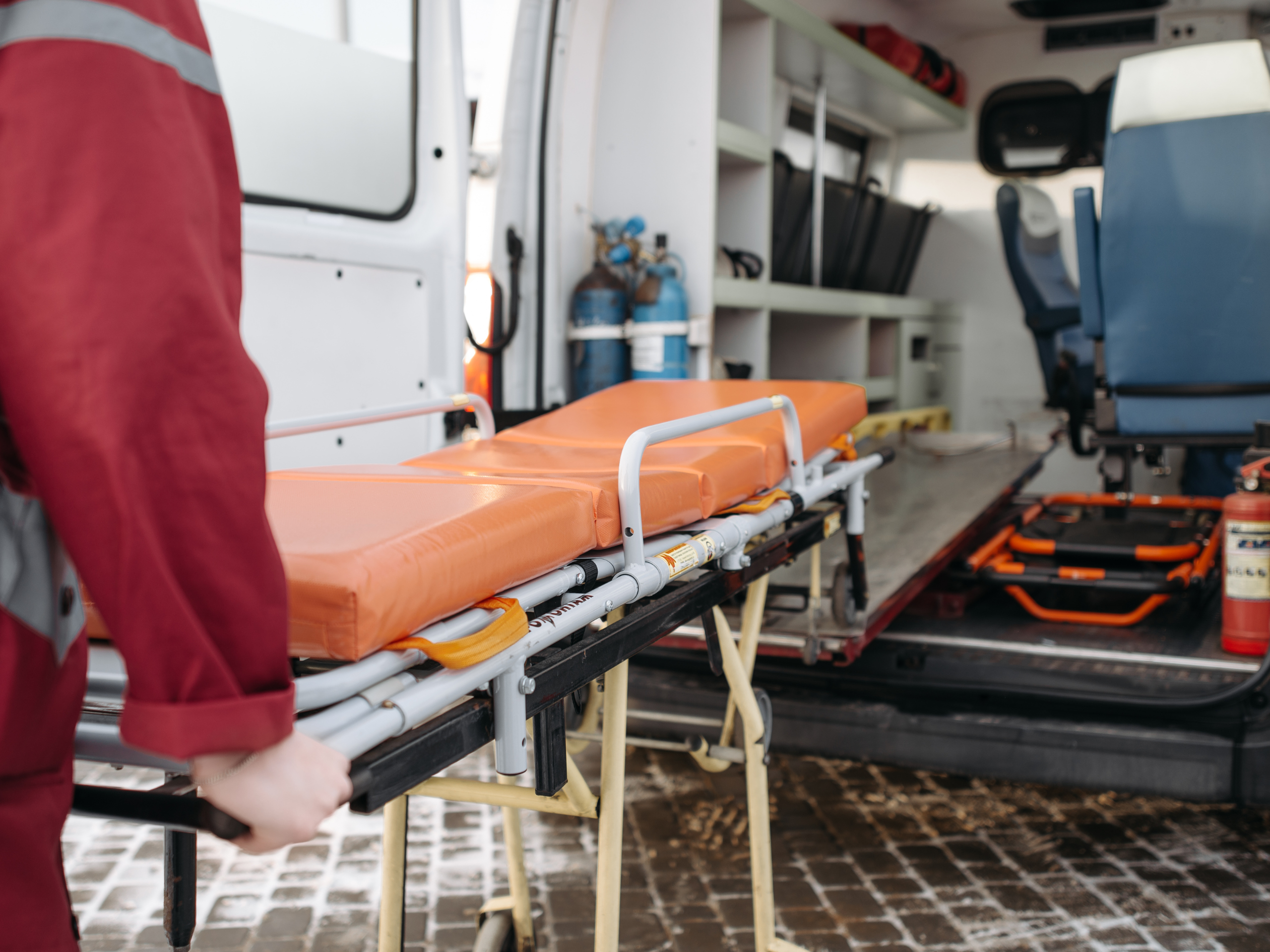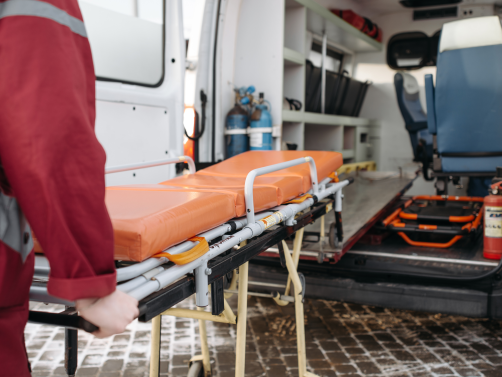In an emergency, every second counts — but knowing when to call for help can make all the difference. Whether it’s a medical crisis, accident, or unexpected health scare, many people hesitate or second-guess themselves in the moment. That delay can be dangerous. The truth is, it’s better to call and be wrong than not call and risk someone’s life. Emergency services are trained to assess and respond to these situations. Here’s how to know when it’s time to make that critical call.
1. The person is unconscious or unresponsive.
If someone suddenly collapses, is not waking up, or becomes unresponsive, call emergency services immediately. This could be cardiac arrest, stroke, or another life-threatening event.
2. The person is having trouble breathing or not breathing at all.
Any form of difficulty breathing — gasping, wheezing, shallow breaths, or complete loss of breath — requires urgent attention. Don’t wait to see if it passes.
3. There is severe bleeding that won’t stop.
If someone is bleeding heavily and pressure isn’t helping, or blood is spurting from a wound, call for help right away. Rapid blood loss can lead to shock and death if untreated.
4. Chest pain, tightness, or pressure.
These are classic symptoms of a heart attack. If someone complains of chest pain that doesn’t go away quickly or spreads to the arms, neck, or jaw, don’t hesitate — call emergency services.
5. Seizure or sudden loss of control.
Place the person in the recovery position to keep their airway open in case they haven’t regained consciousness. Call for help and continue to monitor their breathing.
6. Signs of a stroke.
Use the FAST method:
F – Face drooping
A – Arm weakness
S – Speech slurred
T – Time to call emergency services
Acting quickly can drastically improve recovery outcomes.
7. Drowning, near-drowning, or choking.
These are all critical situations where quick intervention and medical response are essential. Even if the person seems okay after, they should be evaluated by professionals.
8. Accidents involving major trauma.
Car accidents, falls from height, or injuries with visible broken bones, head trauma, or unconsciousness all require emergency medical evaluation.
9. Sudden confusion, strange behavior, or altered mental state.
This could be caused by stroke, head injury, or even severe infection. If someone suddenly seems “off,” disoriented, or irrational, call for help.
10. Your gut tells you something’s wrong.
Trust your instincts. If a situation feels serious, it probably is. Emergency responders would always rather be called unnecessarily than arrive too late. Being prepared means knowing not just what to do in an emergency — but when to call in the professionals. The quicker you take action, the better the chance of survival and recovery.
Know Who to Call! Get the Emergency Numbers You Need.

Pre-School to High School CPR and First Aid Courses
Pre-School to High School CPR and First Aid Courses Ensure the safety of young lives with our comprehensive CPR and First Aid Course. This vital training is tailored to the unique needs of Preschool, Primary School, and High School staff, empowering them to respond effectively to accidents and medical emergencies.
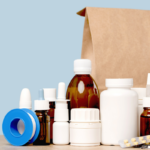
Safe Administration and Storage Of Medications In Schools
Safe Administration and Storage Of Medications In Schools Course This course is tailor-made for the school setting, educators and affiliated staff. You will also learn how to handle certain emergency situations as well as life saving CPR skills. This course is a must for all schools. Enrol now to gain
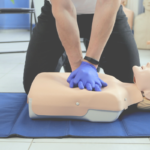
Level 1 First Aid Course
Level 1 First Aid Course Any workplace with more than ten employees must have a trained first aider and first aid supplies on the premises, according to the Occupational Health and Safety Act. We offer you a First Aid accredited Course. Course Cost accredited by HWSETA and aligned to Unit
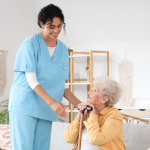
Caregiver Course
Caregiver Course Are you passionate about helping others? Our Caregiver Course equips you with the skills and knowledge needed to provide compassionate care to a diverse range of individuals, including babies, the elderly, patients with Alzheimer’s or dementia, the terminally ill, paraplegic individuals, stroke survivors, and so much more. Course
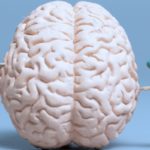
The Importance of learning First Aid if your child has a brain injury
As parents, our greatest wish is to provide our children with a safe and nurturing environment, ensuring they have the opportunities and care we may not have experienced ourselves. We navigate through their milestones, holding their hands as they learn to walk, climb, and explore the world around them. However,

The Importance of Learning CPR and First Aid for Teenagers
As parents, learning CPR and first aid is not just about personal readiness; it’s a powerful tool in ensuring the safety and well-being of our adolescent children. Here’s why it’s crucial for parents to acquire these life-saving skills for their teenage children. Sister Catherine writes about the importance of learning
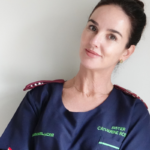
From witnessing a lot of trauma in my work to empowering parents
I want to take you on a journey that led me to become a full-time CPR and first aid instructor and proud business owner of Survival CPR. This story is about passion, empowerment, and making a real difference in the lives of people like you. A Trauma-Fueled Calling: Having spent

The Role of the Microbiome in Children
As we bask in the warmth of spring and witness the beauty of nature’s renewal, let’s delve into a topic just as fascinating and vital for our little ones’ well-being – the microbiome. This month, we explore the incredible world of microorganisms that inhabit our children’s bodies and the profound

World Breastfeeding Week
World Breastfeeding Week: Celebrating the Benefits for South African Families As we embrace the month of August, we joyfully celebrate the significance of family and the well-being of our precious little ones. In this blog post, we highlight the importance of World Breastfeeding Week, a cherished event that takes place

